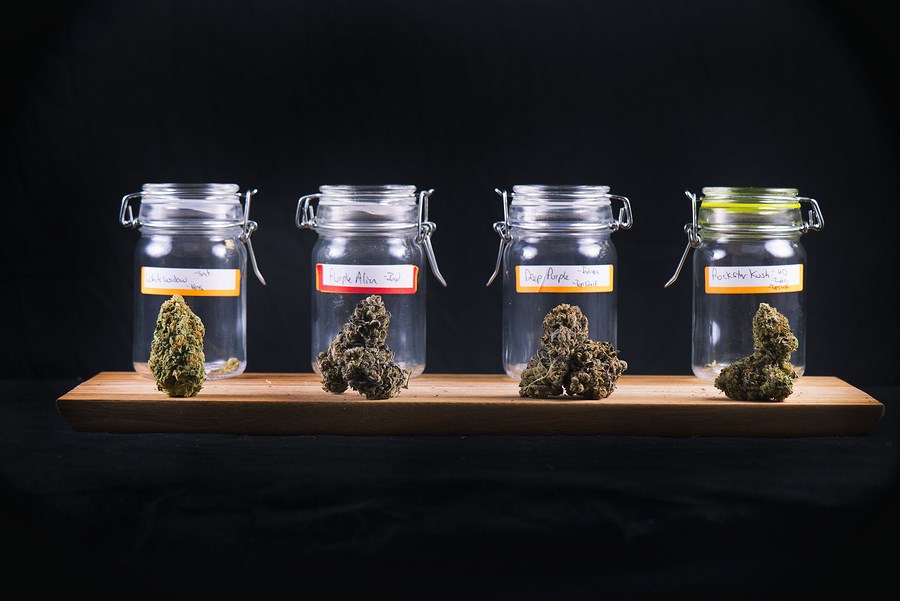Some of the haze surrounding next summer’s planned legalization of marijuana is beginning to lift.
Points have been clarified on how the provincial government plans to deal with legalization, set to take place before July 1, 2018.
The provincial government will give municipalities final say on whether or not marijuana will be sold in their region. In Flin Flon, this would mean a final decision on accepting or denying marijuana sales would be made by Flin Flon City Council.
Municipalities will have the same authority over marijuana sales that they currently have over Sunday shopping, either enabling it or blocking it.
On a provincial level, any aspiring marijuana seller will need to satisfy a number of criteria with the Liquor and Gaming Authority. This will include an in-depth background and criminal record check, applying for a store operation license, paying for an application and license fees, sharing potential retail locations and a number of personal and financial disclosures. Successful bidders will also need to serve at least two locations. Manitoba Liquor and Lotteries will have exclusive control over product distribution.
Only a small number of applicants will be selected to open stores once marijuana is federally legalized next year – and this is before a package from any potential retailer gets to city council.
More details for the Manitoba government’s strategy for marijuana will be known after the upcoming throne speech, set for Nov. 21.
Flin Flon Mayor Cal Huntley is not ruling out the possibility of a marijuana retail operation in Flin Flon after legalization, saying that larger, known enterprises would be preferred.
“As the province mentioned, there will probably only be up to four providers province-wide and no ‘mom-and-pop’ stores,” said Huntley. “We will certainly be interested in seeing a proposal from this category of provider.”
Flin Flon has its own history with legal marijuana production. From 2001 to 2009, a Saskatoon-based company operated a grow-up with co-operation from Health Canada. Up to 400 kilograms of northern Manitoba bud was grown at the operation each year and used to supply the federal government’s then-fledgling medical marijuana program.
Spencer Payson, the owner of Payson’s Smoke’N’Vape Shop, says a new, legal industry around marijuana production and sale will be reliant on larger companies.
“I think it would be neat if it was just local farmers, but at that time, that would require a less regulated system,” he said.
“I really feel that what people [want] is a regulated system to guarantee that you’re getting a quality product and that product is exactly as advertised.
Payson anticipates there will be a rush of companies trying to get involved with marijuana post-legalization, followed by a slowdown.
“Once legalization goes through and business starts booming, after about a year or two, there won’t be many people getting involved in it at that point,” he said.
“Most of the money in the market has already been taken over. At that point, you’d need a pretty sizable amount of money to get into the game with in order to compete.”
Meanwhile, Payson sees a bright future in researching and developing the country’s newest cash crop. Since medical marijuana users will be able to apply to Health Canada to grow their own marijuana or have it grown for them, the future could be bright for aspiring growers.
“You are allowed to grow at home, so if you end up growing up some kind of strain and you have a technique, you can get it tested and verified and have legal producers take note of it,” he said.
“I don’t think people who do have a green thumb, so to speak, would be at any disadvantage as long as they were willing to make the investment on their own and make a product with demand for it.”




